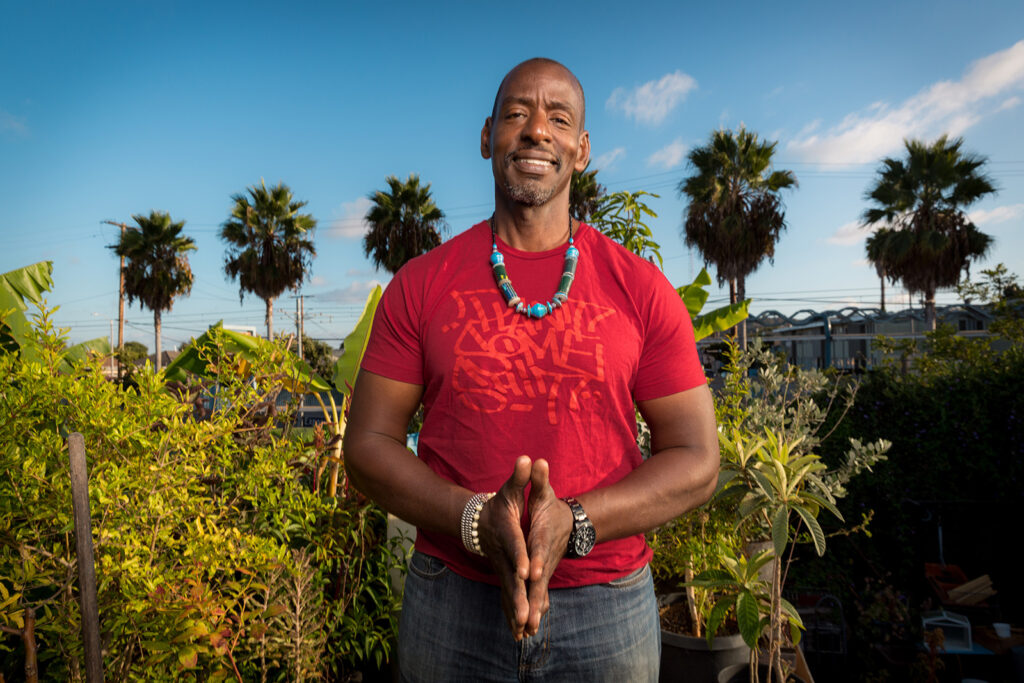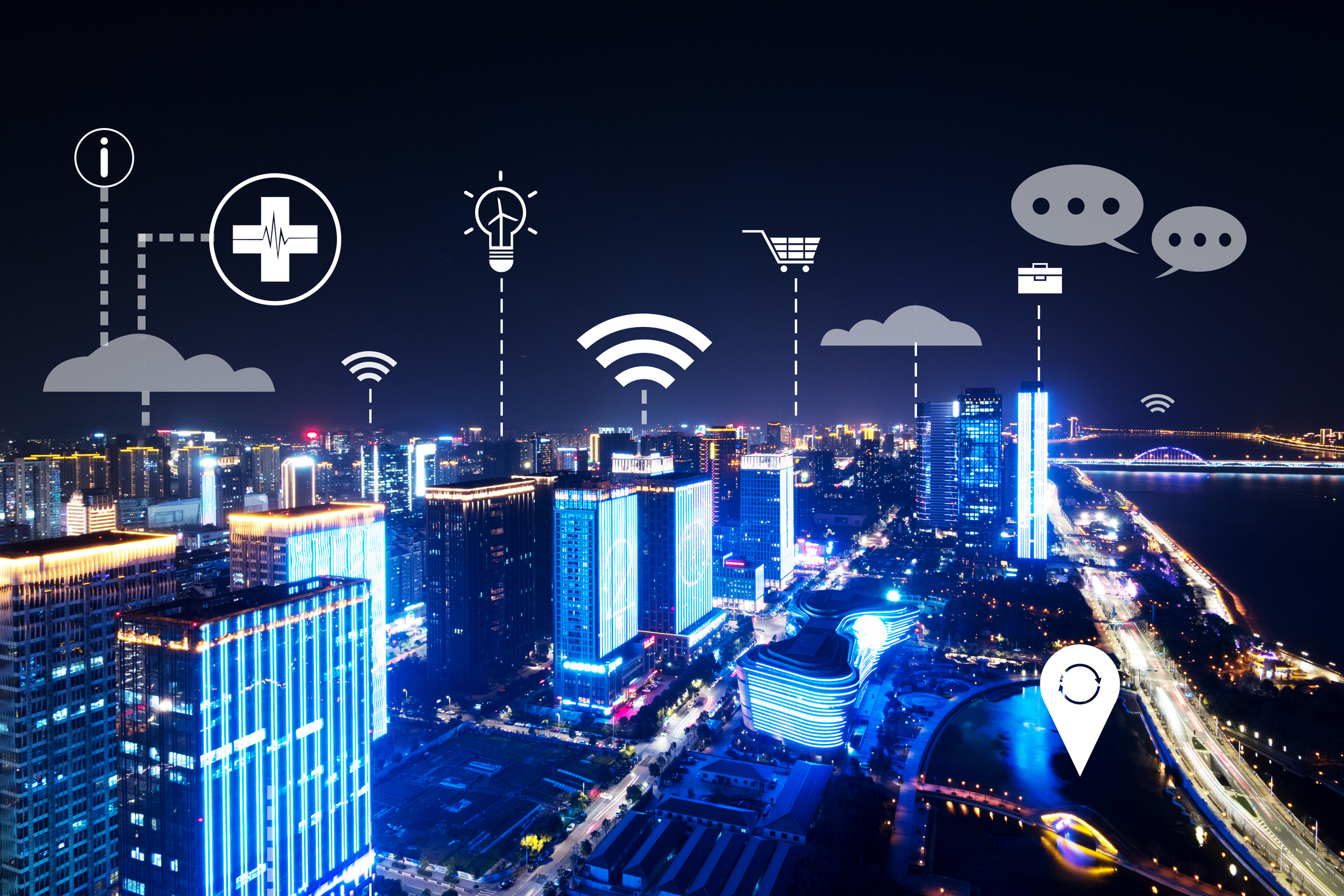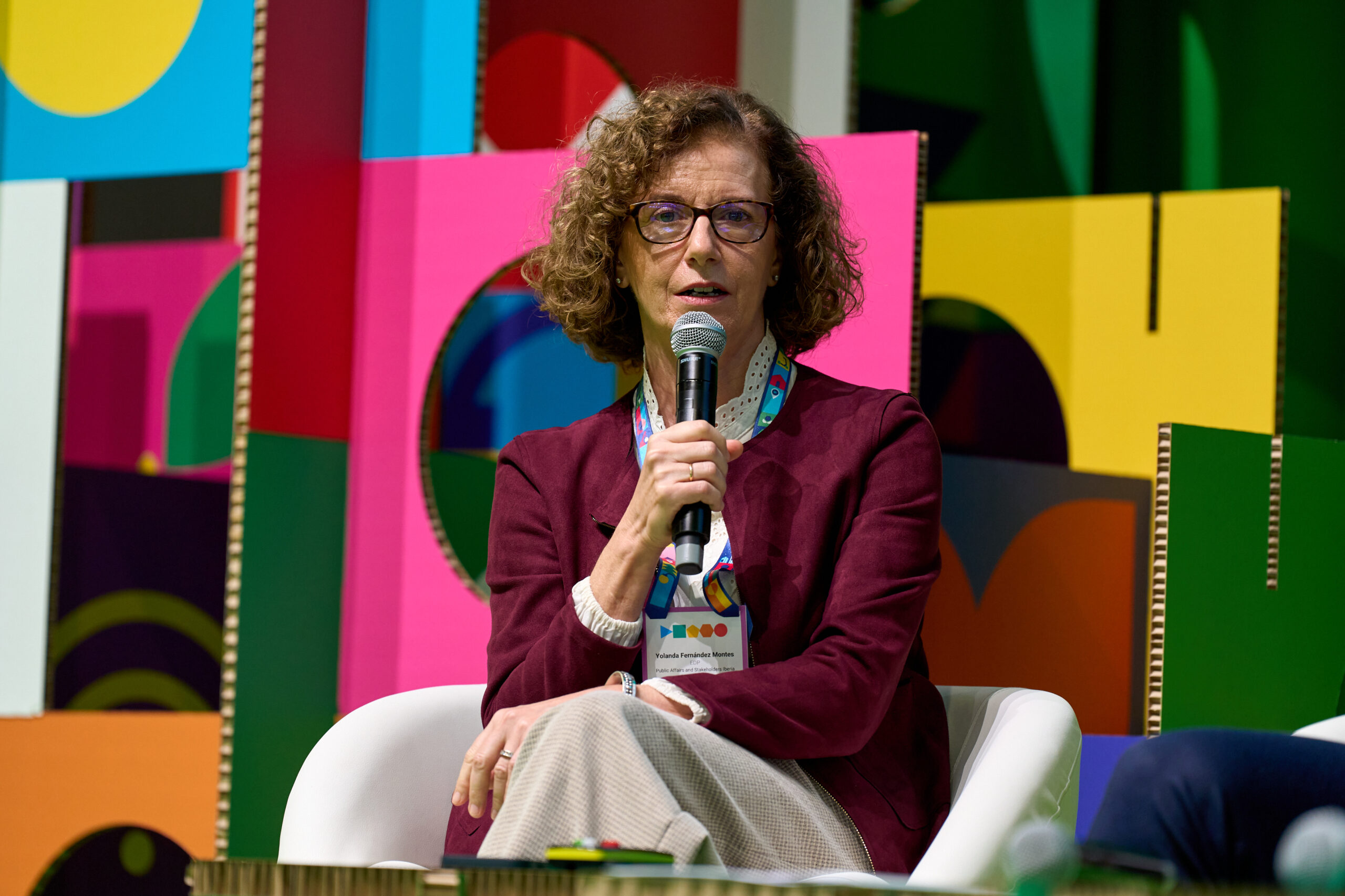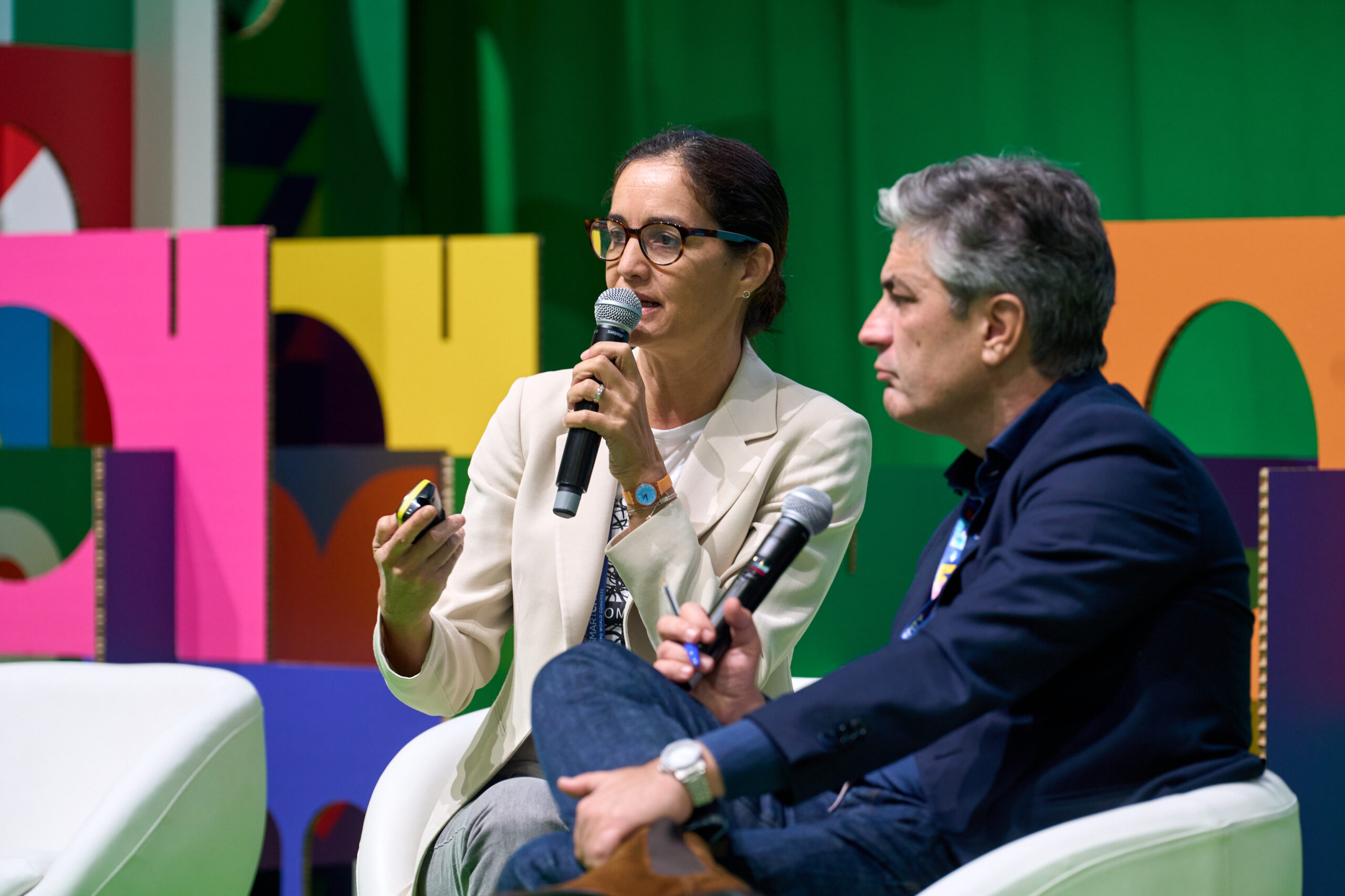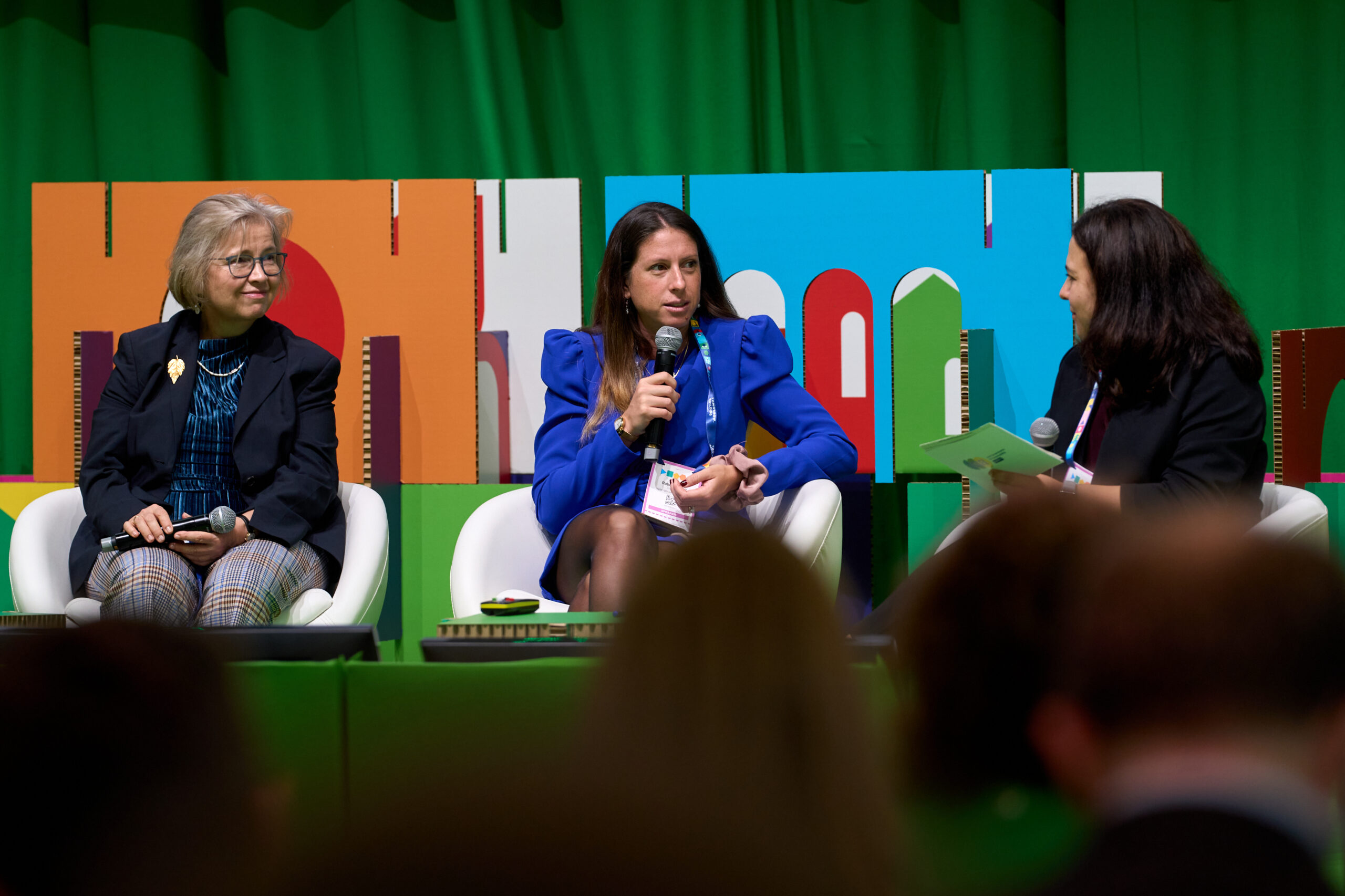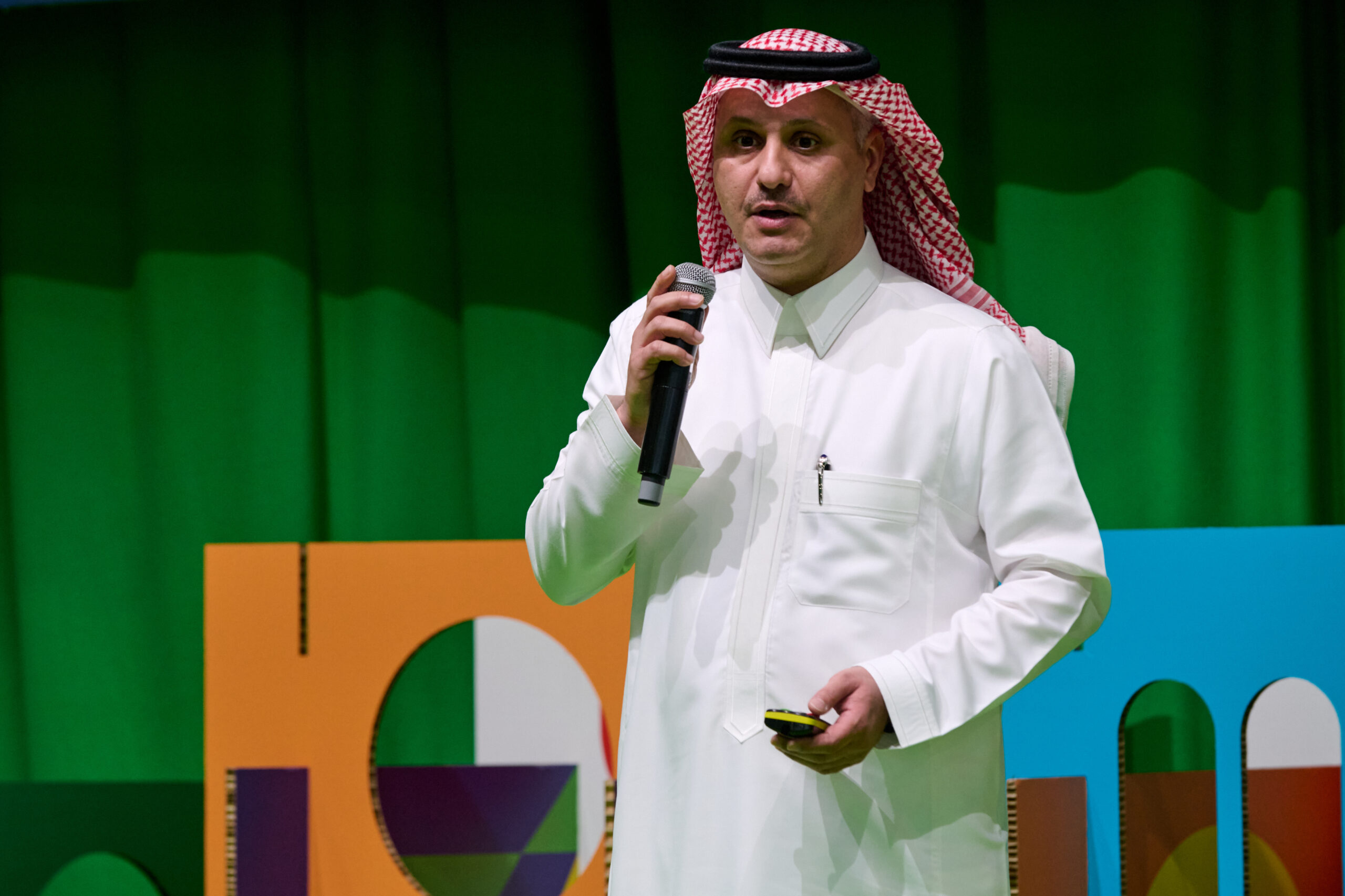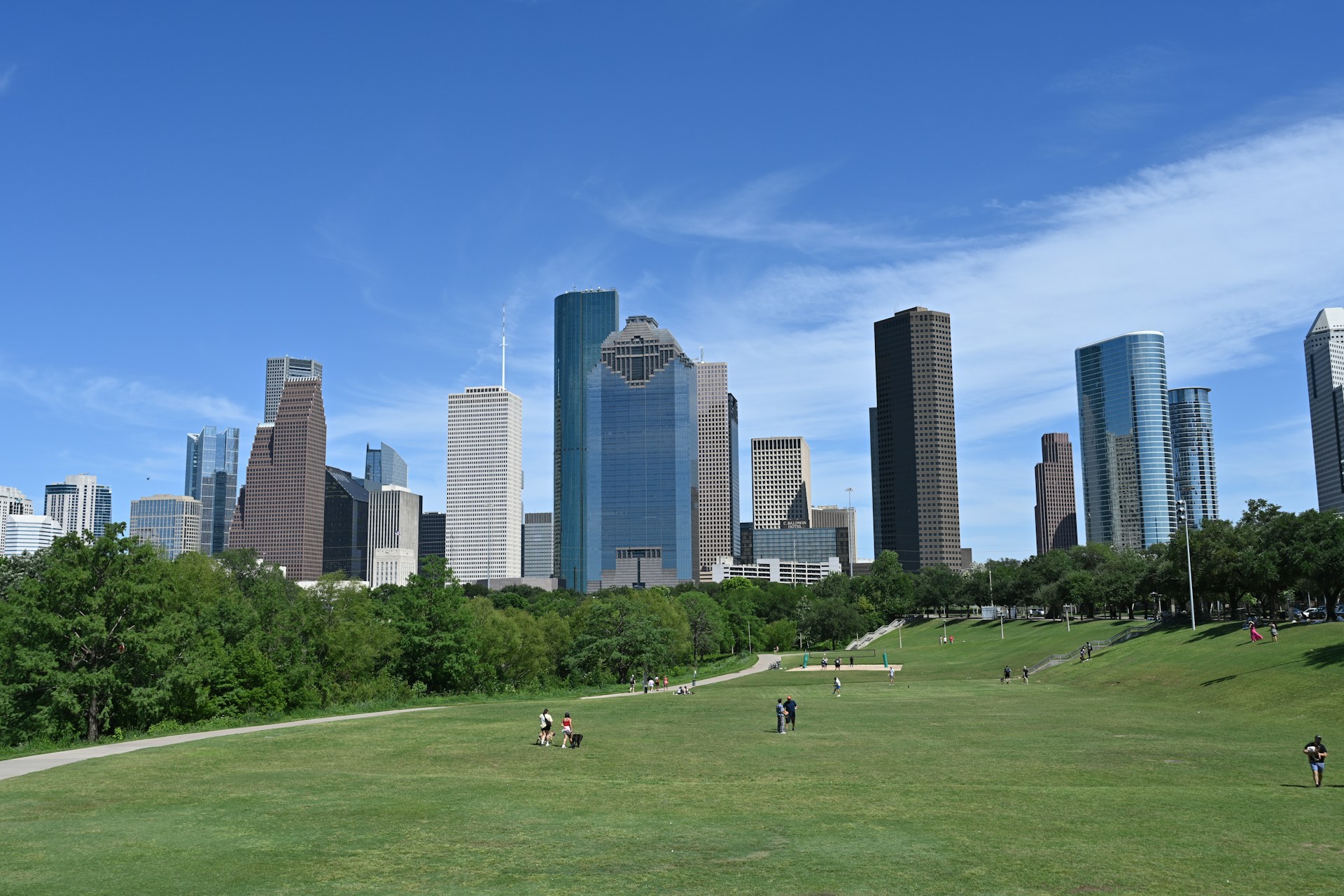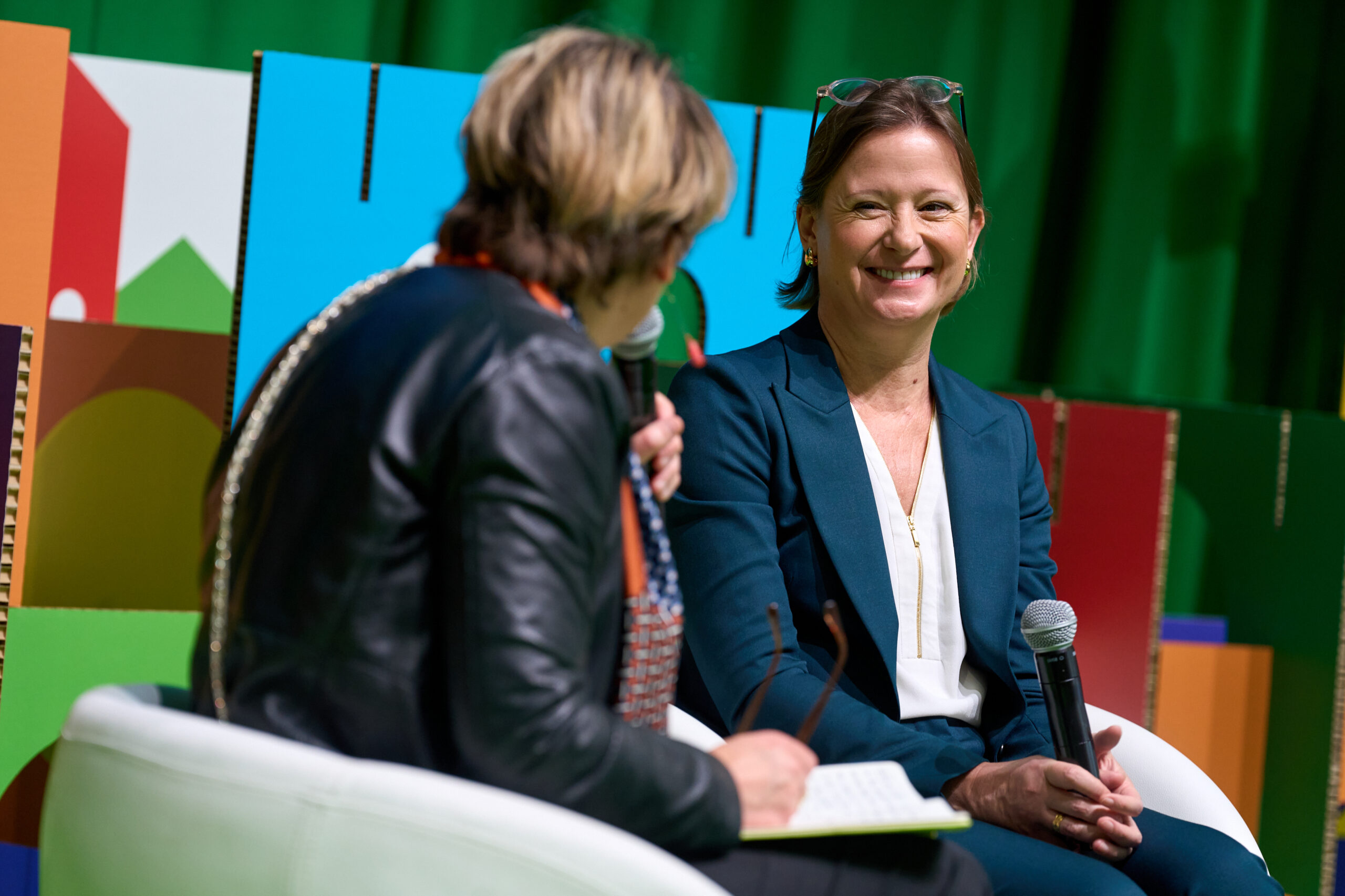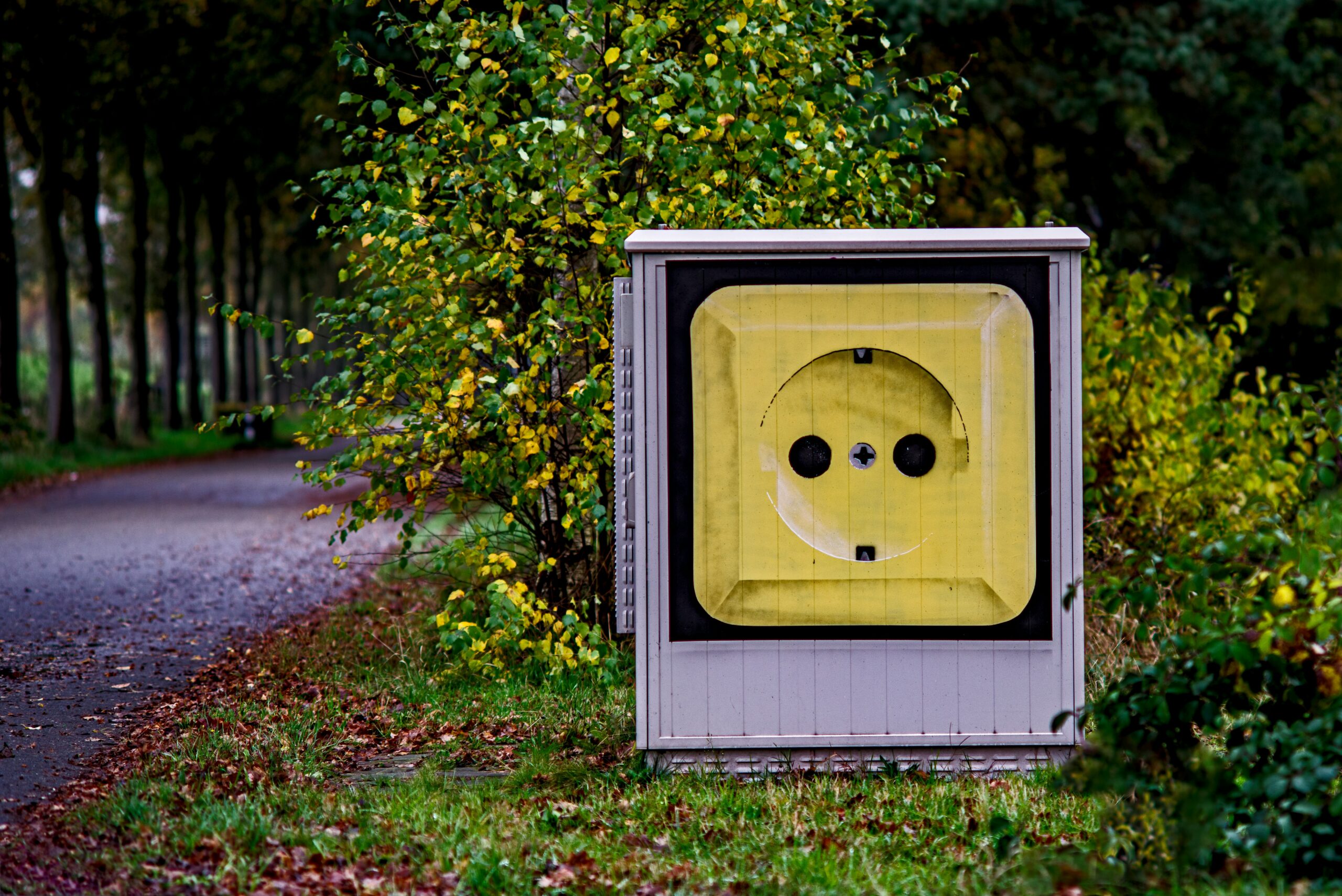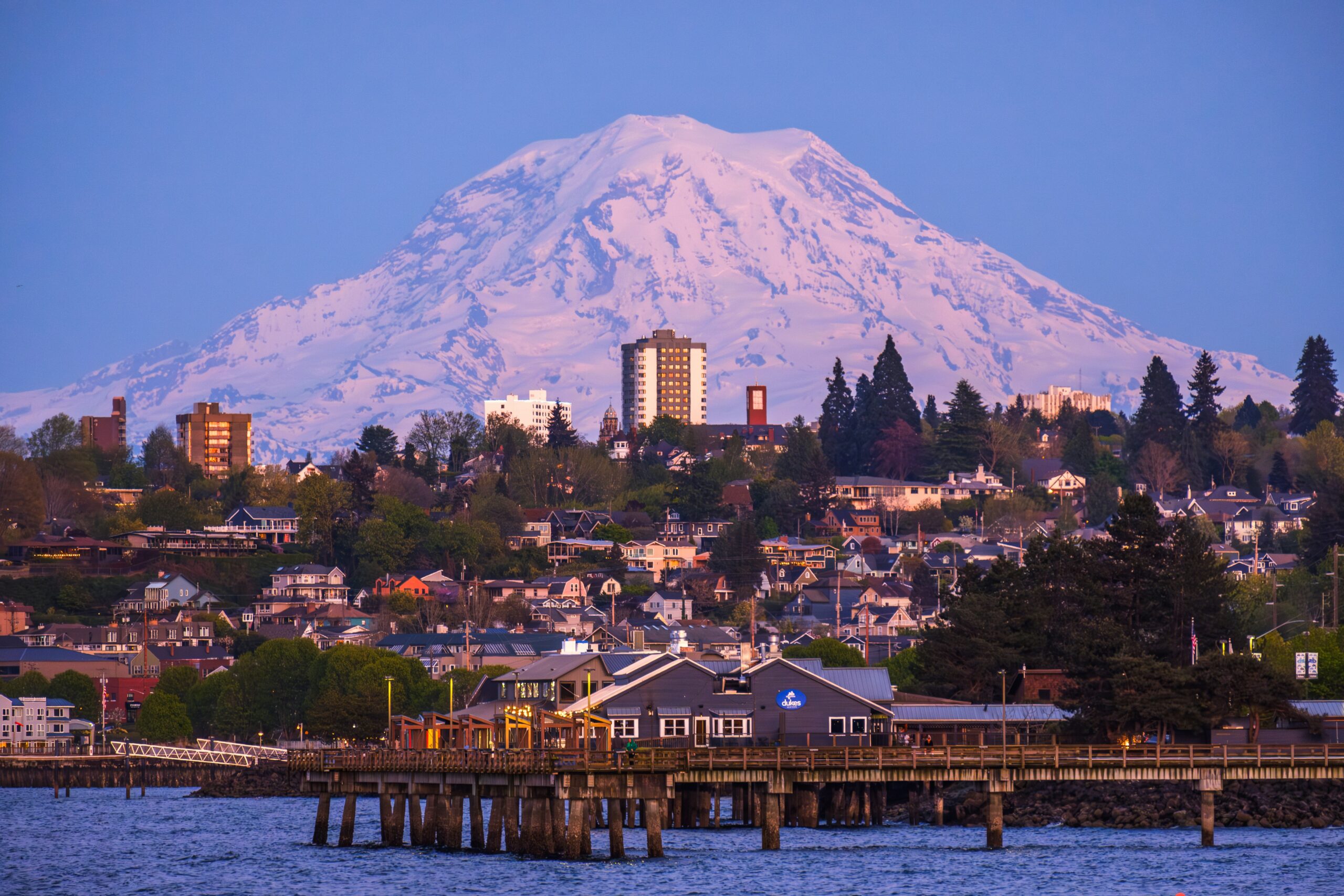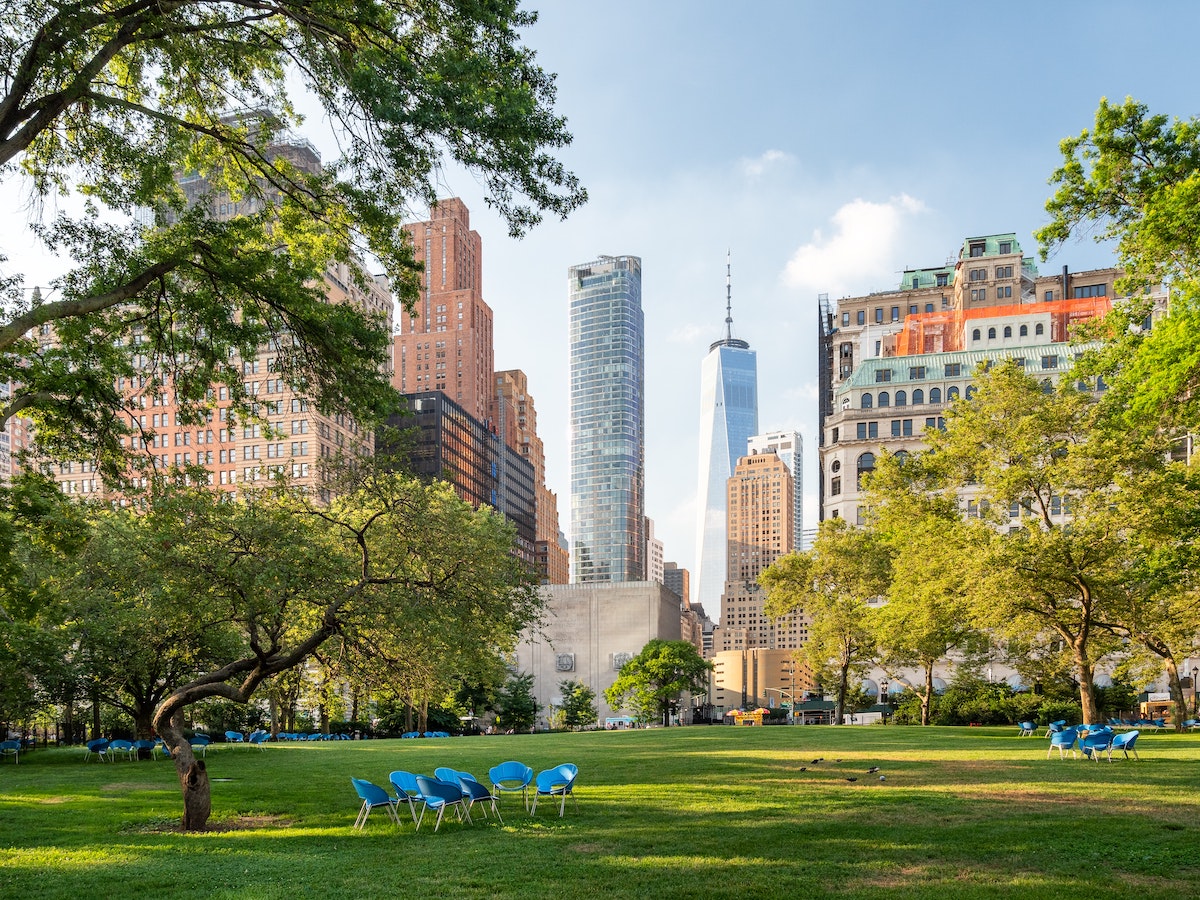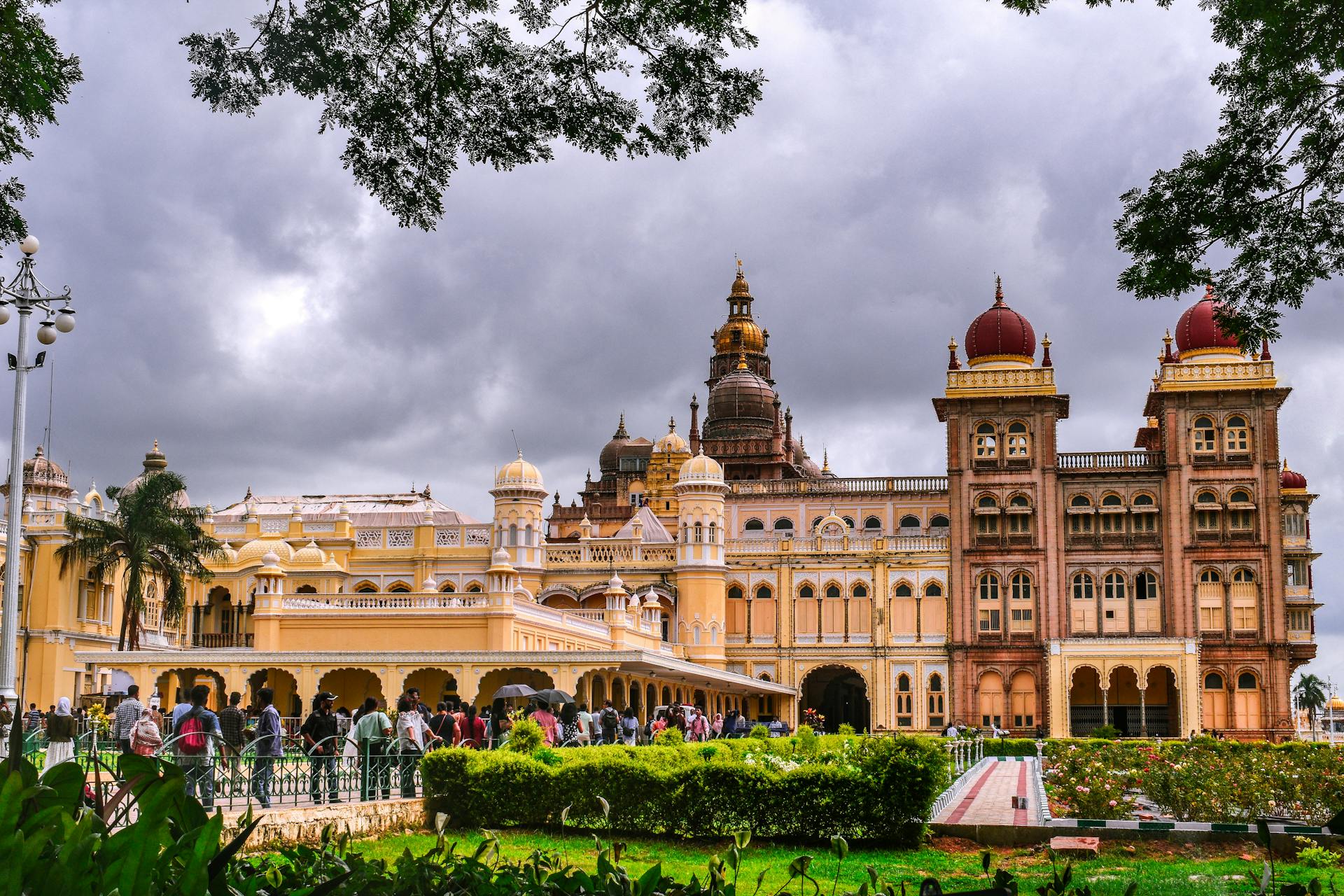We focus on many macro-issues here at Smart Cities, but sometimes citizens’ concerns come down to very basic needs like food. Being able to eat healthy and sustainable food, is key for the health of citizens as well as the climate. Communal and urban gardens have sprouted in cities around the world, helping bring nutritious and affordable food options for its community. To talk with us about his incredibly successful venture in Los Angeles is Ron Finley, a self-described Gagsta Garnder and heads The Ron Finley Project, which seeks to teach communities how to transform food deserts into food sanctuaries. He also has a popular Masterclass in Gardening.
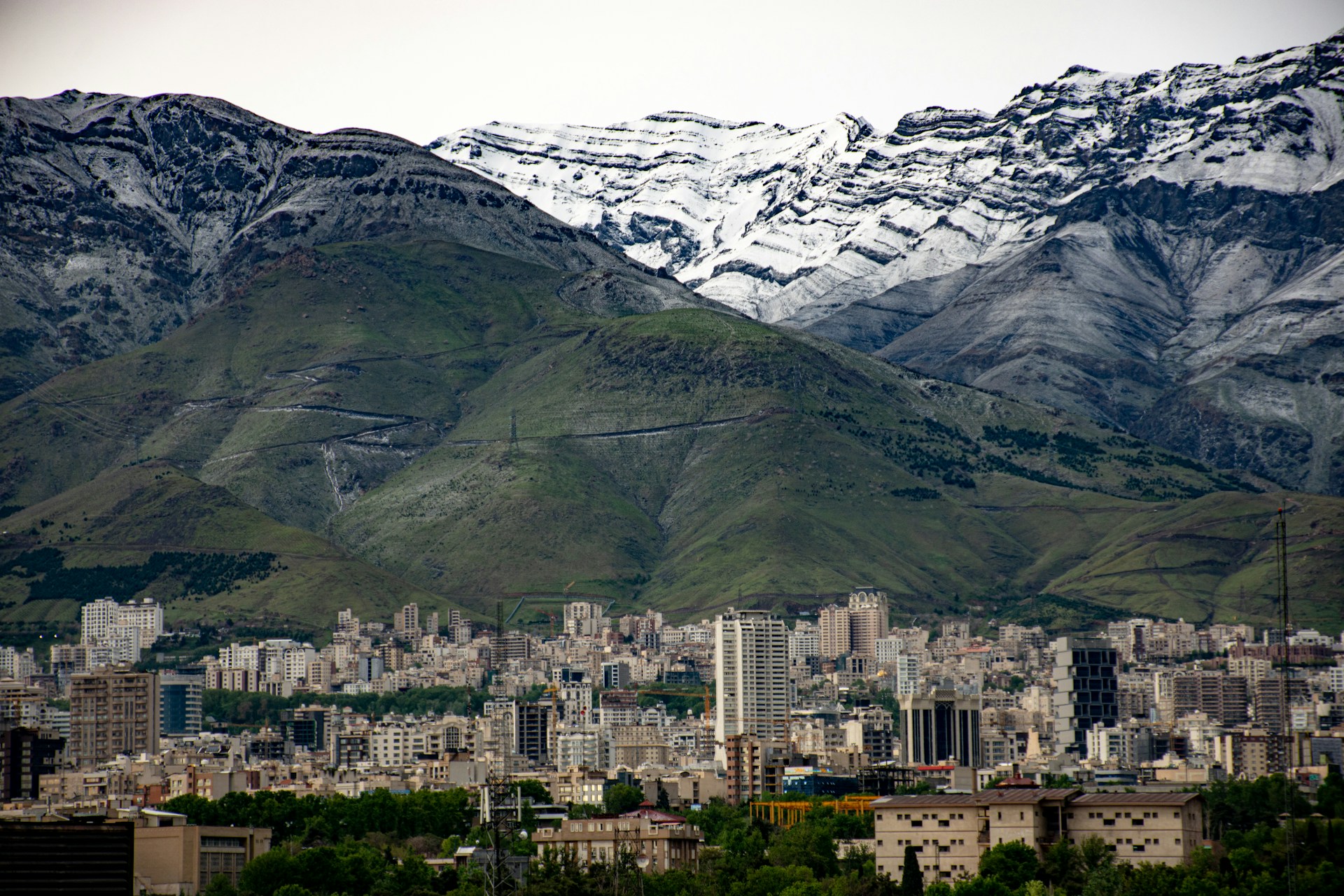
Could drought force the evacuation of Tehran?
Energy & Environment




